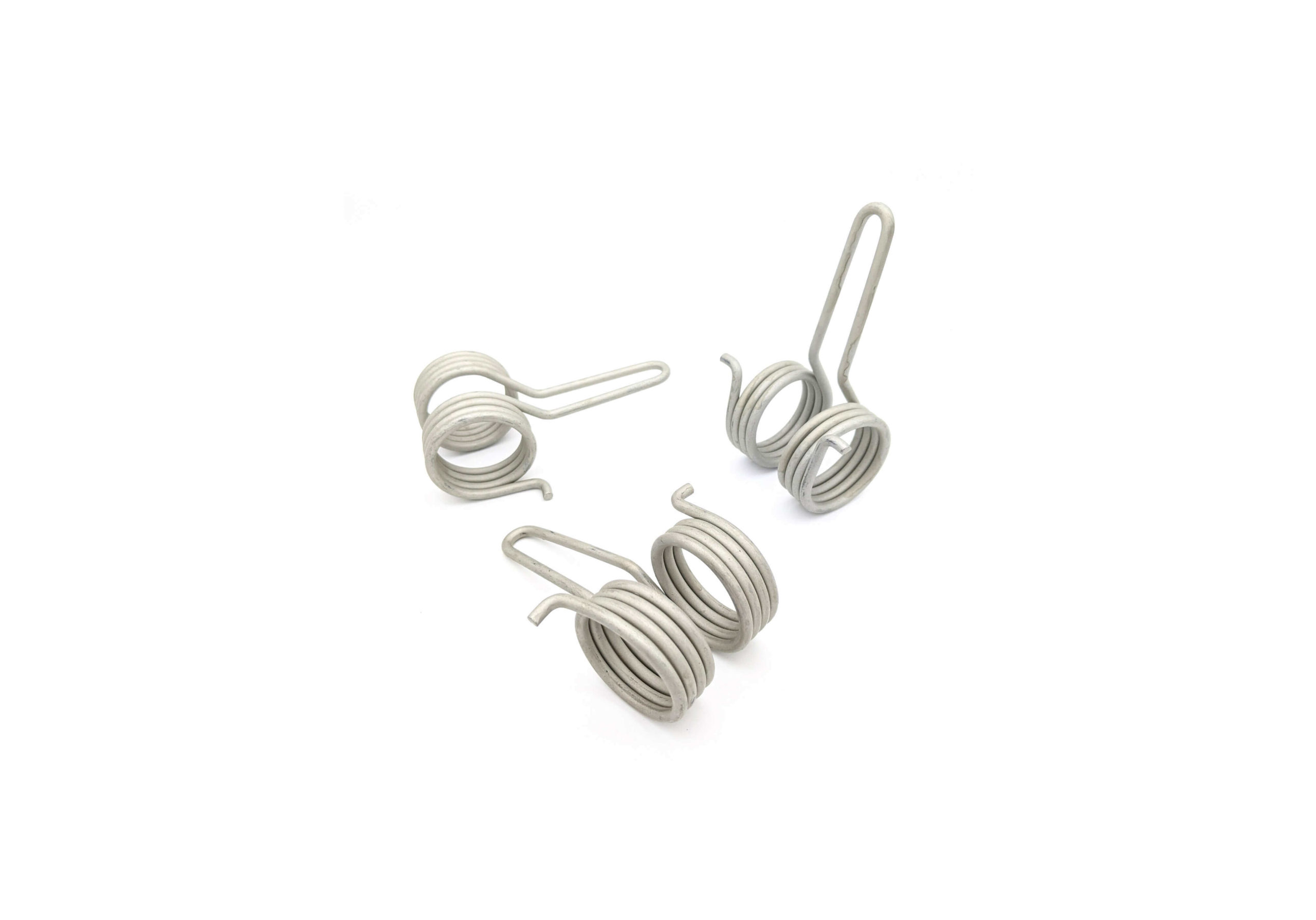Get unique, complex parts easily. No matter your requirements, Chaoyi Spring creates hard-to-produce coil springs and wire forms.
Let us help you create the custom wire form you need, from S-hooks and J-hooks to utility hooks and more.
We work closely with customers across a wide range of industries, helping them design and manufacture made-to-order parts.
Why choose Chaoyi Spring? We prioritize customer-focused collaboration, modern equipment and the latest technology to make your parts per print.
Find the information and guidance you need, from measuring a spring to learning about materials, placing an order and much more.
When it comes to vehicle suspension systems, there are two main types of springs that dominate the market: leaf springs and coil springs. Both systems have their own unique strengths


When it comes to vehicle suspension systems, there are two main types of springs that dominate the market: leaf springs and coil springs. Both systems have their own unique strengths and weaknesses, making the choice between them a complex one depending on the vehicle's intended use and desired performance characteristics. Let's delve into the world of these two spring designs and explore their pros and cons, helping you decide which type is best suited for your needs.

Leaf springs, often found in older vehicles and trucks, are made from long, flat pieces of steel, usually stacked together and connected with clamps or bolts. These metal leaves are carefully designed to flex and absorb bumps and dips in the road, offering a smooth ride. When you drive over an uneven surface, the leaf springs bend and store energy, gradually releasing it to smooth out the bumps and maintain stability. This simple, robust design has served its purpose well, providing a reliable solution for heavy-duty vehicles and rugged off-road adventures.
Leaf springs bring a number of advantages to the table:
While leaf springs offer durability and stability, they also have their drawbacks:
Coil springs, commonly seen in passenger cars and some light trucks, are essentially a helical spring wound from a coil of spring steel. These springs compress and expand under load, absorbing the shock and vibration from the road, and returning to their original shape. Coil springs are known for providing a more comfortable ride and allowing for greater flexibility in suspension design.
Coil springs offer several advantages over leaf springs, making them the preferred choice for many modern vehicles:
Despite their many advantages, coil springs also have some disadvantages:
So, which type of spring is right for you? The decision boils down to the purpose of your vehicle and your priorities. Here are some factors to consider:
The world of suspension springs is constantly evolving. Both leaf spring and coil spring technologies have seen innovative developments over the years. For instance, there are now leaf springs designed with multiple layers for improved ride comfort and variable-rate coil springs that adjust their stiffness depending on load. These advancements blur the lines between these two traditional spring types, offering a wider range of options for vehicle manufacturers and enthusiasts alike.
Ultimately, choosing between leaf springs and coil springs depends on your specific requirements. Leaf springs offer durability, stability, and cost-effectiveness, making them ideal for heavy-duty applications and off-road adventures. Coil springs, on the other hand, provide superior ride comfort, adjustability, and quiet operation, making them the preferred choice for passenger vehicles and those prioritizing a smooth driving experience.
The battle between leaf springs and coil springs is a fascinating one, representing the ongoing pursuit of innovation and optimization in vehicle suspension systems. As technology continues to advance, we can expect even more exciting advancements in both types of springs, pushing the boundaries of what's possible in terms of ride comfort, performance, and durability.
Browse some of the custom wire forms and springs that we manufacture. Don’t see what you need? We specialize in made-to-order products that meet your application requirements.
Visit Our GalleryNeed a custom wire form or coil spring? We make it work. Fill out the contact form and a representative will respond within 1 business day. If you have a PDF or CAD file, you can submit to request a quote.